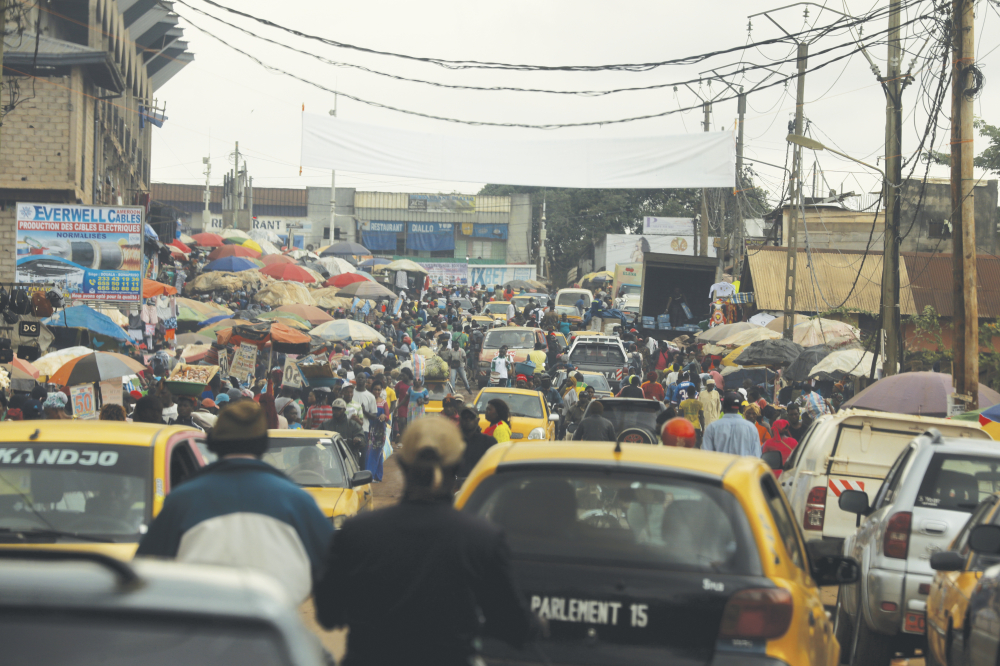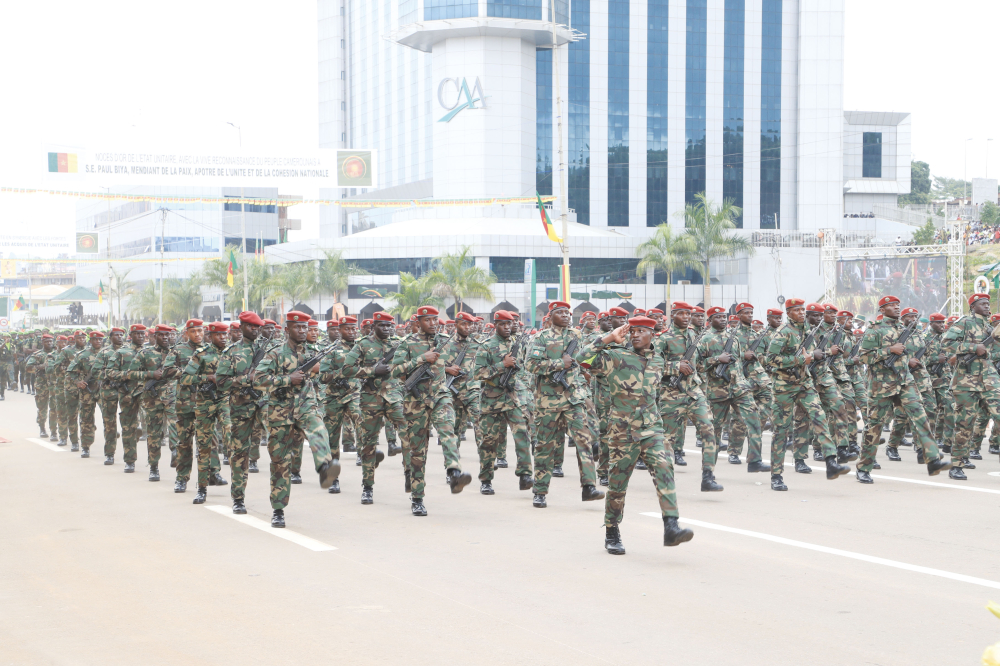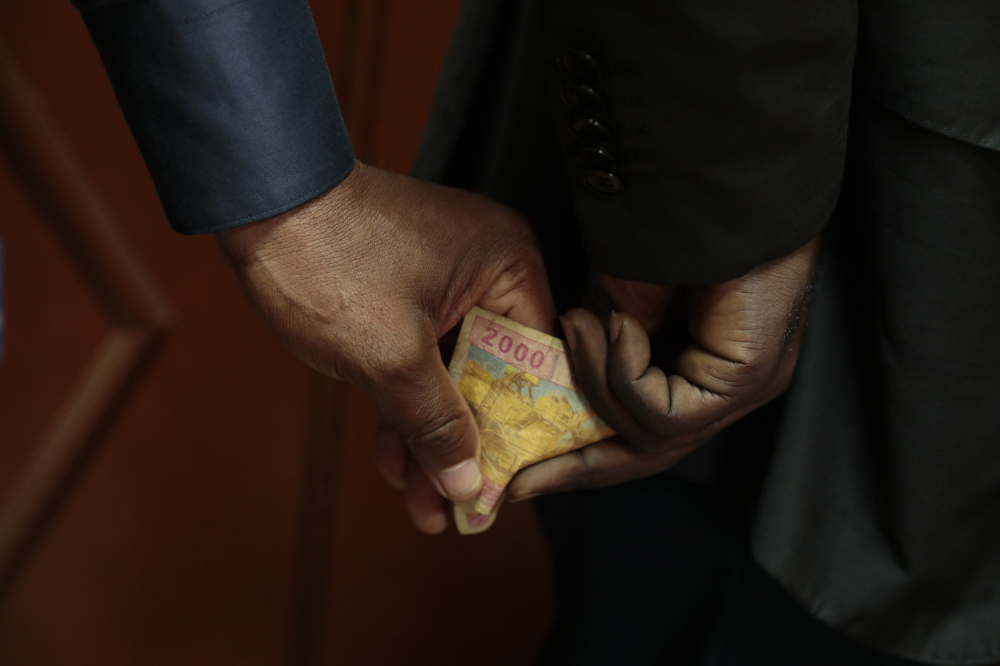Attaining 2023 Devt Goals:Time For Action Is Now
- by Macdonald AYANG
- 08 Feb 2023 19:09
- 0 likes

President Paul Biya, in his end-of-year message to Cameroonians on December 31, 2022, outlined a litany of development projects which the country intends to embark on in the course of this year.
President Paul Biya, in his end-of-year message to Cameroonians on December 31, 2022, outlined a litany of development projects which the country intends to embark on in the course of this year.
After presenting a balance sheet of 2022 which also saw either the commencement or completion of a number of socio-economic development projects, the Head of State said 2023 looks even more promising as several projects touching different sectors of national life will be executed so as to make the lives of Cameroonians better.
The President, among other things, talked about the continuation of some ongoing road projects such as the Babadjou-Bamenda and the Kumba-Ekondo-Titi roads, commencement of work on some mining projects, a fast-tracking of the import-substitution policy, the provision of potable water and electricity to the population, and an acceleration of the decentralisation process among other important issues.
“In spite of the unfavourable situation, the Government is sustaining its efforts to assume its prime responsibility that is to improve the living conditions of the citizens… For my part, I will continue to do everything possible to ensure our country’s progress. I know I can count on each and every one of you to achieve that,” said the president in his speech.
Yes, President Paul Biya is right. The contribution of each and everyone is needed for Cameroon to make progress. That is why in order for many of these projects outlined by him to be realised, each and every stakeholder must play their role and the time for that action is now.
Ministries, Departments and Agencies concerned in one way or the other with the projects listed by the President have to quickly get to work in order to obtain positive results.
One of the important issues highlighted by the President is the supply of drinking water to major towns and cities of the country, namely Douala and Yaounde.
“Access to safe drinking water for our population is one of my main concerns. The completion of the Project to Supply Drinking Water to the City of Yaounde and its environs from River Sanaga will provide a lasting solution to the city’s water supply shortages. I have also instructed the Government to urgently finalise procedures for the launching, in 2023, of the mega-project to supply drinking water to the City of Douala and its environs,” Paul Biya assured.
Last week, the Minister of Water Resources and Energy, probably prompted by the President’s speech, was on the field for a working visit to assess the level of work on the project to supply potable water to the city of Yaounde and its environs from the River Sanaga. He made stops at various critical installations of the project, calling on contractors to accelerate their pace of work so that works can be completed.
Ministers and other top government officials have to be ready to leave the comfort of their offices for field trips to evaluate various state projects under their jurisdiction. Also, action has to be expedited in the case of contracts which have not yet been awarded, while contractors must also display a high sense of responsibility by making sure contracts are fully executed and in strict respect of contractual specifications.
President Paul Biya was right to remark that the times are tough. The slow recovery from economic shocks triggered by the coronavirus pandemic, fallouts from the war in Ukraine and a generally precarious global economic situation are all factors which require those in position of responsibility to take the bull by the horn in order to advance the nation’s socio-economic development ambitions.
There is to time or resources to waste. We have to get our priorities right in order to position the country on a meaningful trajectory of growth and prosperity in line with objectives defined in the 2020-2030 National Development Strategy, and why not the United Nations Sustainable Development Goals.








Comments